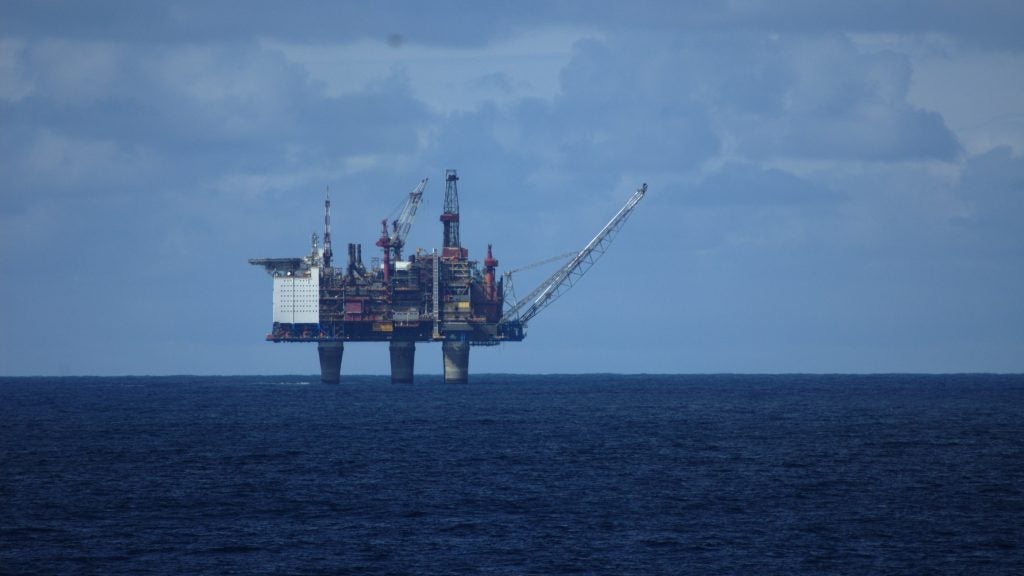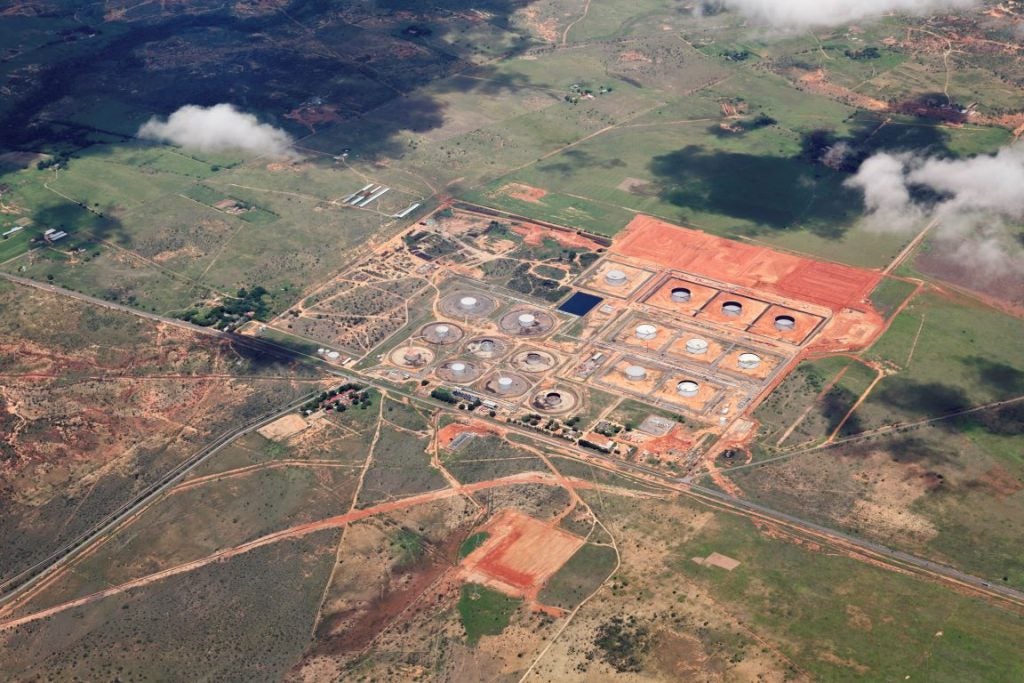
The unknown result of the upcoming US presidential election has added a layer of uncertainty to the domestic oil and gas sector.
A potential win of the Democratic Candidate Joe Biden will translate into a clear shift to legislation and policies supporting cleaner energy to decarbonize the US economy.
As indicated in his official campaign plan, an immediate impact to the US oil and gas sector would come from banning the leasing on federal lands and waters and restricting the permitting needed to drill new wells, also on federal lands.
Although his messaging with respect to banning fracking outside federal lands has not always been clear, Candidate Biden has stated that transitioning away from oil and gas will take time.
Hydrocarbon production is still key in the transportation, industrial and power generation sectors. Also, the growth of unconventional production during the last decade has enabled a stronger energy security position for the US and supported the exports of both oil and LNG.
Transitioning from gas is problematic
With respect to natural gas, its production can be impacted as an associated commodity in the production of oil. At the same time, there is a dependency to natural gas in the US power and industrial sector. Transitioning away from gas in these sectors will likely be contrasted with its current benefits and the viable alternatives. For instance, during the last decade natural gas availability and price competitiveness has been fundamental in replacing coal fired plants and helping reduced CO2 emissions.
How well do you really know your competitors?
Access the most comprehensive Company Profiles on the market, powered by GlobalData. Save hours of research. Gain competitive edge.

Thank you!
Your download email will arrive shortly
Not ready to buy yet? Download a free sample
We are confident about the unique quality of our Company Profiles. However, we want you to make the most beneficial decision for your business, so we offer a free sample that you can download by submitting the below form
By GlobalDataFor the industrial sector, natural gas is still the main choice as a source of industrial heat in processes such as the ones to produce steel, iron or cement, and has few technological alternatives. In this sector reduction of C02 emissions will likely require capture and sequestration.
US production outlook is already challenged
A ban on new leasing of federal lands wouldn’t have an immediate impact on the overall US production, but by 2024 there would be an effect on the trend of oil and gas production.
Given the current uncertainty on the pace of the recovery for oil demand and the oil price, US production outlook is already challenged and any additional restriction for additional production can lower its recovery potential.
Similarly, a ban on new permits on federal land would negatively impact the US production forecast once the existing permits are exhausted. Under this scenario, there would be a larger and more immediate negative effect on the production outlook than with only the banning on new federal land leases.
Furthermore, by year 2030 crude oil production levels would range in between 9.8 to 10.7 million barrels per day (mmbd). Similarly, for natural gas by the year 2030 production would have levels between 90.5 and 94.7 billion cubic feet per day (bcfd).
Profound impact in US Gulf of Mexico
Banning of new leases and new permits on federal lands has a more profound impact on federal offshore production, particularly in the US Gulf of Mexico (GoM).
In this offshore region, production from federal leases accounts for approximately 70% of the total offshore production.
Without new leases, awarded exploration activity can be significantly reduced in the mid to long term. Also, with a ban on new permitting some projects might have trouble obtaining approvals for drilling. In short, the banning measures proposed by Candidate Biden would make it more difficult for the GoM to stabilize its production levels and mitigate future decline.

New Mexico will be most heavily impacted
New Mexico would be the most impacted state under the no new leasing and no new permitting on federal lands ban.
The state produces 61% of its oil and gas output in federal lands and approximately 80% of this production uses fracking techniques.

A change in the US government administration would not necessarily impact the oil and gas industry in the short term.
However, after few years the measures to transitioning away from oil will be noticeable in the production levels of oil and natural gas.
More importantly, the US would undoubtedly be on track to be much less dependent on energy from fossil fuels and this would put another layer of uncertainty on the sector.








Related Company Profiles
GOM GmbH